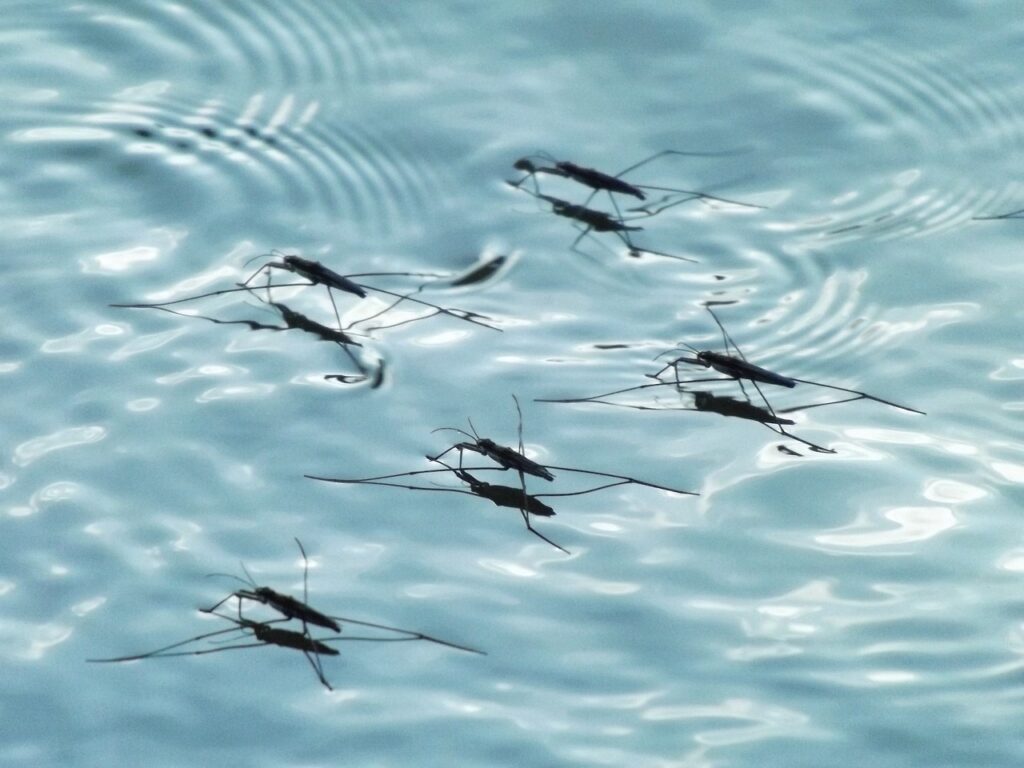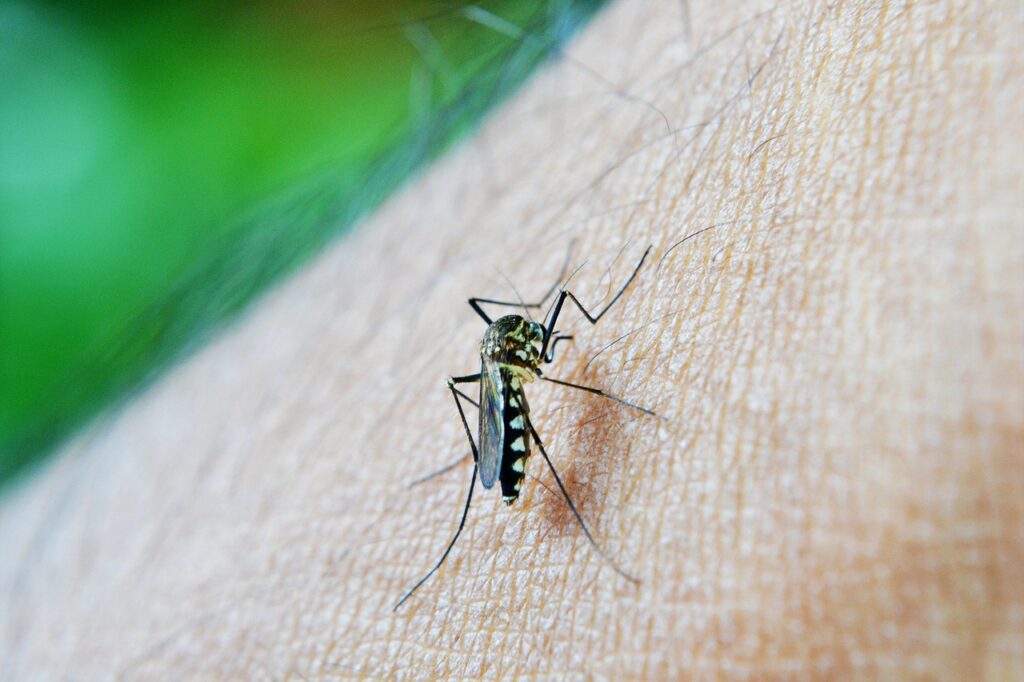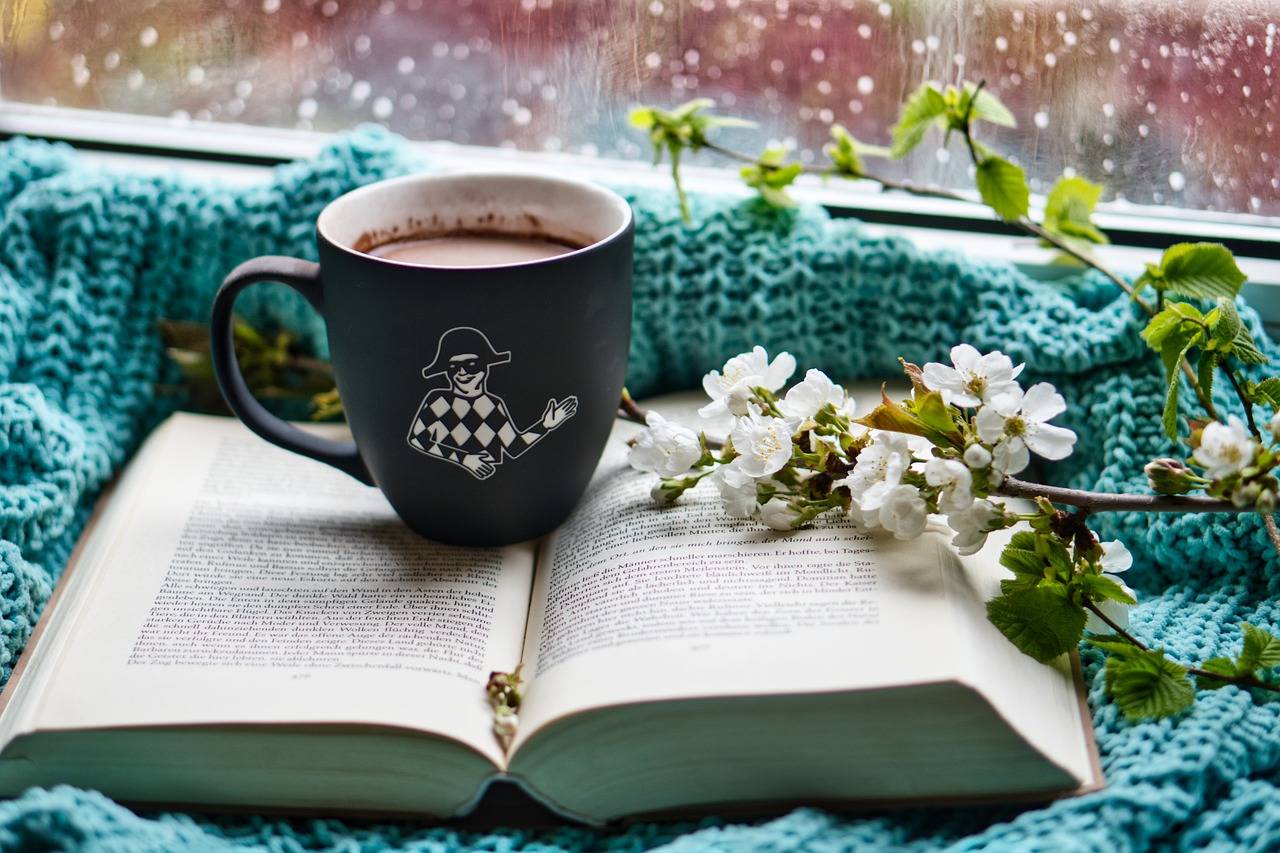The rainy season has its pros and cons. One pro is that it can make you appreciate your home more, as you snuggle down, drinking your coffee, staring out at the downpour outside your window. But a major con is that mosquitoes love the rainy season. So, how to avoid mosquitoes during the rainy season? Here’s how…
Why there are mosquitoes during the rainy season?
Mosquitoes are most active during the hotter months. But we all notice that there seems to be a spike in mosquito activity during the rainy season. Mosquitoes are not attracted to the rain itself. They are more attracted to what the rain leaves behind – stagnant water all over your neighborhood.
Mosquitoes are attracted to stagnant water because it is the best place for them to lay their eggs. This is the reason mosquitoes thrive so well on rainforests and wetlands such as marshes and swamps. In fact, some rainforests are so populated by mosquitoes that humans are not able to thrive on them.
But mosquitoes don’t need a huge expanse of land to thrive. They can nest and survive in the smallest pools of water, including those that the rain leaves behind.

How to avoid mosquitoes during the rainy season
1. Get rid of stagnant water
The best thing to do to avoid mosquitoes during the rainy season is to get rid of the very thing that attracts them – stagnant water. After the rain, there is a lot of stagnant water on your property, especially in your garden, lawn, and yard. Here are the most common spots where they may be stagnant water:
- Birdbaths
- Craters in the soil
- Debris like old tires
- Flower pots
- Fountains
- Garden ponds
- Gutters
- Pavements
- Rainwater barrels
- Swimming pools
- Vases
- Water bowls for pets
For spots that are meant to have water like birdbaths, fountains, and swimming pools, make sure to replace their water regularly or keep the water running to prevent mosquitoes from settling. Also, make sure you have no drainage or piping issues in your gutters, sinks, rainwater barrels, and the like to prevent unnecessary water build-up.
2. Keep your doors and windows closed
You are not the only one who uses doors and windows. These are great passageways for a variety of pests that may come looking for shelter during the rain, such as cockroaches, rats, and mosquitoes.
Mosquitoes are trickier because they are small enough to be practically invisible. You won’t notice them as they go in and out of your home through an open door or window. You may have to seal all cracks, gaps, and holes around your home too, including those small spaces between doors and windows. Weatherstrips and window screens may come in handy.
If you think you lack ventilation if you keep doors and windows closed, consider turning on fans or air conditioners. Considering that the rainy season brings some coldness with it, you probably won’t need a lot of these appliances to get comfortable.
3. Clean dark and humid places
Mosquitoes breeding on the stagnant water outside your home are already bad enough. But your problem can be worse. The mosquitoes may be breeding inside your home, making closing doors and windows useless.
Mosquitoes like to nest in dark and humid places, such as under your furniture or sink, inside a cabinet, or the generally moist spots of your garage, kitchen, or laundry room. Make sure to clean and disturb these places from time to time to prevent mosquitoes from settling.
4. Use mosquito sprays or traps
Mosquito sprays are great because they are specially formulated to exterminate mosquitoes. Just make sure you read the instructions on their labels. If you don’t use them properly and just spray them around your home mindlessly, they may be ineffective and unsafe. Remember that these sprays have toxic ingredients, so mishandling them can be a health risk.
If you don’t like the risk associated with sprays, you can try mosquito traps instead. You can make them at home using accessible items. There are commercial mosquito traps too, but they are not always the most effective. For instance, bug zappers are actually bad for your general vicinity because they kill various organisms, including beneficial ones.
5. Try essential oils
If you prefer a more natural approach, you can try using essential oils to repel mosquitoes. You can use catnip, citronella, lavender, lemon eucalyptus, peppermint, or tea tree oil. Simply dilute one of these essential oils to a carrier oil like almond, avocado, or coconut. Then apply it to your skin to avoid mosquitoes.
Before applying huge amounts to your skin, make sure to do an allergy test first. Rub a small amount of the oil in a small patch of skin and look out for reactions. If irritation occurs, don’t use the oil. It’s also really important to dilute the oil because the oil in its pure form is too strong for the skin and may cause more harm than good.

How to protect yourself from mosquitoes
- Avoid mosquito attractors. Mosquitoes are attracted to carbon dioxide, heat, sweat, and floral scents. You can’t really avoid carbon dioxide, but you can avoid the other three attractors. Keep yourself cool with fans and air conditioners. Take a bath regularly even if you feel like you didn’t sweat. And avoid floral-scented shampoos, soaps, lotions, and perfumes.
- Use repellents. The problem with essential oils is that they are not super effective. They are not as proven as other products. And even if they are, they are still naturally unstable, so they won’t be able to give you long-lasting protection. If you are willing to look for solutions beyond the natural approach, buying commercial mosquito repellents is a good option.
- Cover up. This may seem like obvious advice, but you will be surprised of how something so simple can be so effective. Cover as much skin as you can if you think there are mosquitoes around. Wear long-sleeved shirts, pants, gloves, and socks.
Mosquitoes thrive during the rainy season
Mosquitoes are at their most active during the hotter months of the year. But don’t underestimate them even in the colder and rainy months. It’s not the rain itself that helps them thrive, but what the rain leaves behind – stagnant water.
Deal with mosquitoes during the rainy season by getting rid of stagnant water and making your home as unattractive to mosquitoes as much as you can.

